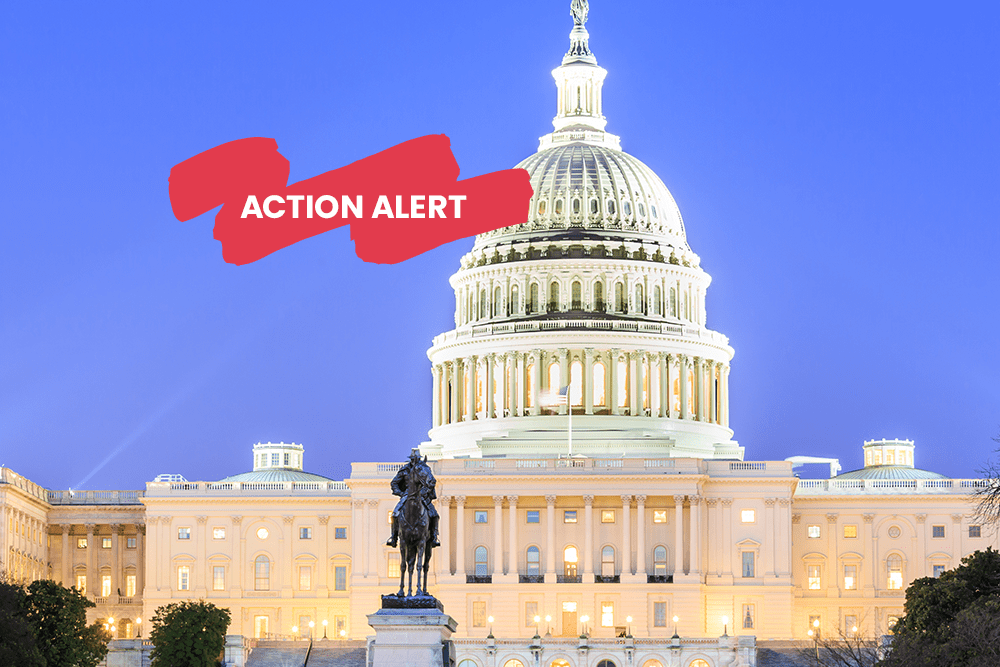State Honor Roll™ 2025
State Honor Roll™ 2025
The 2025 State Honor Roll™ of Asthma and Allergy Policies for Schools (PDF) identifies the states with the best public policies for people with asthma, food allergies, anaphylaxis and related allergic diseases in U.S. elementary, middle and high schools.

How States Make AAFA’s State Honor Roll
AAFA checks to see how every state compares against our 27 core policies that affect people with asthma and allergies in schools. States make our honor roll when they meet at least 22 of 27 core policies. States receive honorable mention when they meet 17-21 core policy standards. State Honor Roll Methodology (PDF)
AAFA's Core Policies for Protecting Students’ Asthma and Allergy Health
Medication and Treatment
- State requires schools to have medication administration policies for school personnel to give prescription medication to students.
- State policy ensures students’ right to self-carry and self-administer prescribed asthma medication.
- State policy ensures students’ right to self-carry and self-administer prescribed anaphylaxis medication.
- State policy protects school personnel from liability for unintended injuries related to medication administration.
- State requires anaphylaxis medicine (epinephrine) stocking and authority to administer in schools.
- State allows and/or requires asthma quick-relief medicine stocking and authority to administer in schools.
- State requires schools to update and maintain records/health histories for identified students with chronic conditions including asthma and anaphylaxis.
- State requires schools to maintain asthma/allergy incident reports for reactions, attacks and medications administered.
- State requires schools to have emergency protocols for asthma.
- State requires schools to have emergency protocols for anaphylaxis.
- State has adopted policy that each school will have at least 1 full-time nurse.
- State has adopted policies that address the development of comprehensive, school-based health services.
Extra Credit
- State has or is preparing an explicit asthma program with policies, procedures, and resources for schools to manage students with asthma.
- State has or is preparing an explicit anaphylaxis program with policies, procedures, and resources for schools to manage students with allergies.
- State recommends each school stock at least 2 doses of easily administered epinephrine.
- State provides funding for stock medications.
Awareness
- State sponsors or provides funding for staff training in asthma awareness covering school asthma program/policy and procedures.
- State sponsors or provides funding for staff training for the prevention, recognition, and treatment of allergic reactions to food.
School Environment
- State requires schools to have indoor air quality (IAQ) management policies.
- State makes funding or other resources, such as training, available for technical IAQ assistance to schools.
- State requires schools to inspect and maintain heating, ventilation, and air conditioning (HVAC) systems.
- State requires schools to develop a plan to identify sources of mold and, if necessary, a plan to clean and remediate mold and mold sources in public school buildings.
- State recommends standards and programs to promote IAQ for school construction and renovation.
- State requires schools to develop a cleaning program that promotes healthy IAQ.
- State requires schools to use Integrated Pest Management (IPM) techniques, including limiting use of pesticides inside schools and on school campuses.
- If pesticide use is necessary, state requires schools to notify parents of upcoming pesticide applications.
- State limits school bus idling time and/or establishes proximity restrictions.
- State has implemented zero-emission school bus transition incentives or mandates.
- State prohibits all smoking and vaping in school buildings and on school grounds.
- State prohibits all smoking and vaping on school buses and at school-related functions.
- State requires tobacco-use and vaping prevention in health education curriculum.
Extra credit:
- State requires school facility design and operation standards that address IAQ.
- State requires districts or schools to provide tobacco-use-cessation and e-cigarette-use-cessation services and resources to students.
Our Work Isn’t Done: AAFA’s Recommendation for Policymakers, Advocates, and Parents
- Expand emergency medication stocking in schools. States should adopt policies that mandate emergency medication availability in all schools. The policies should address appropriately training school personnel, liability concerns for people who use the medicine in good faith, and resources for acquiring the medications.
- Ensure full-time school nurses in every school. States should adopt policies that require at least 1 full-time nurse in every school. States should also prioritize funding for school nurse programs and explore partnerships with local health departments to expand access to nursing services.
- Adopt comprehensive IAQ management plans. States should require schools to adopt comprehensive IAQ management plans that include regular HVAC inspections and maintenance, green cleaning practices, IPM, and mold prevention. These plans should also incorporate ongoing monitoring to identify and address IAQ concerns promptly.
- Strengthen tobacco and vaping policies in schools. States should adopt and enforce policies that ban all tobacco and vaping product use in schools, on school grounds, on school buses, and at school-sponsored events. States should also require schools to provide tobacco and vaping prevention education and school-based tobacco-use and e-cigarette-use cessation services and resources.
- Mandate or incentivize school bus electrification. States should adopt policies that mandate or incentivize school bus electrification and prioritize equitable access to funding and resources.
Acknowledgements
- The 2025 State Honor Roll Report is an independent research project of the Asthma and Allergy Foundation of America and made possible by support from Amgen, DBV, Kaléo, Pfizer, PhRMA, Sanofi, Regeneron, and Viatris.
AAFA State Honor Roll Expert Workgroup
The following individuals served as expert stakeholders to advise on updating the policy standards for this report. These experts contributed valuable insights through roundtable discussions, helping to ensure the standards reflect current best practices and needs of K-12 students with asthma, food allergies, anaphylaxis, and related diseases.
Mary Ellen Conley, RN
AAFA Board Member, Retired School Nurse
Jeffrey Demain, MD
AAFA Medical Scientific Council Member; Allergy, Asthma and Immunology Center of Alaska
Caryn Durham
Kaléo
Evalyn Grant, MD
AAFA Board Member, Vertex Pharmaceuticals
Jason Hartke
International WELL Building Institute*
Katie Horton
GW Milken Institute School of Public Health
Carol Johnson
Centers for Disease Control and Prevention
Piper Largent
National Association of School Nurses
Emmanuel Mahlis, MD
AAFA Board Member, MTF Biologics
Steve Marmaras
Amgen
Tiah McKinney
The McKinney Foundation
Tracey Mitchell
Environmental Protection Agency
Mike Pistiner, MD, MMSc
AAFA Medical Scientific Council Member; Food Allergy Center, Massachusetts General Hospital
Gary Riddle
Kaléo
Naomi Seiler
GW Milken Institute School of Public Health
Thomas Silvera
Elijah-Alavi Foundation
Paige Welch
Centers for Disease Control and Prevention
Jennifer Whelan
Allergy Standards Ltd.*
Larry Zarker
Building Performance Institute
The views and opinions expressed in this report are those of the AAFA authors and do not necessarily reflect the policies or positions of other individuals, organizations, or companies.
*Affiliation at time of participation.
2025 Report Authors and Contributors
External Contributors
Natasha Frost, Lead Legal Researcher
Attorney, Seed 2 Roots
Adriana Del Principe
Attorney
Asthma and Allergy Foundation of America
Melanie Carver
Chief Mission Officer
Maggie Corson
Policy, Advocacy, and Development Intern
Sanaz Eftekhari
Chief Business Development Officer; Vice President, Research
Nicole Gaghan
Creative Director
Kimm Rafferty
Marketing and Communications Production Director
Jenna Riemenschneider
Vice President of Advocacy and Policy
Andy Spears
Public Affairs Manager
Which States Made AAFA’s 2025 State Honor Roll?
2 states made the State Honor Roll:
- Connecticut
- District of Columbia
10 states earned Honorable Mention:
- California
- Delaware
- Illinois
- Indiana
- Maryland
- Massachusetts
- New Hampshire
- New Jersey
- New York
- Washington












